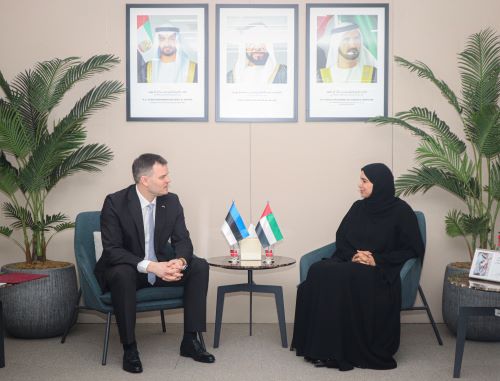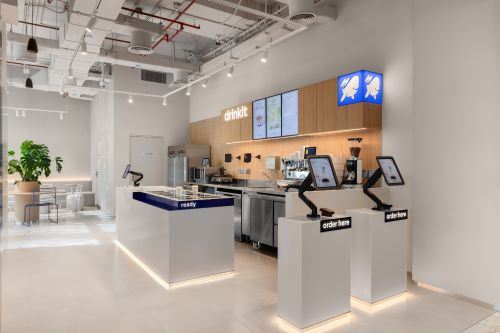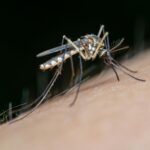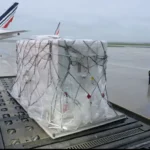“MOCCAE” cooperates with the Estonian Ministries of Climate and Regional Affairs and Agriculture

The Ministry of Climate Change and Environment (MOCCAE) signed a memorandum of understanding (MoU) with the Ministries of Climate and Regional Affairs and Agriculture of the Republic of Estonia today. This agreement aims to strengthen joint efforts in managing food resources and embrace technology-driven solutions in these critical areas.
The signing ceremony took place at the headquarters of MOCCAE, and the MoU was signed by Her Excellency Dr. Amna bint Abdullah Al Dahak, Minister of the Ministry of Climate Change and Environment, and His Excellency Madis Kallas, Minister of Regional Affairs and Agriculture, who also represented the Ministry of Climate of the Republic of Estonia.
The MoU marks a significant milestone in the collaborative efforts of the three entities to strengthen food security, and positively contribute to the economies of both countries. This partnership will leverage advanced technical solutions to sustainably manage natural resources, addressing environmental and climate challenges.
H.E. Dr. Amna bint Abdullah Al Dahak said: “In the UAE, we aim to deepen partnerships with nations on shared issues, particularly in food, which are our top priorities. This commitment drives us to adopt cutting-edge technologies, efficiently manage resources to align with our goal of reducing carbon emissions and promote a new economy that facilitates a sustainable future.”
Her Excellency added, “We believe that working together is crucial for finding effective solutions. By collaborating with Estonia and other countries, we aim to develop innovative solutions to strengthen global food security. Sharing knowledge and technology is vital for this endeavour and can have a positive impact on the future of both the UAE and the world.”
The MoU seeks to promote sustainable food systems by focusing on reducing waste, promoting digital solutions in agriculture, and leveraging advanced technology for increased productivity. Additionally, it addresses food safety, and improving crisis management and disaster response capabilities.
The collaboration includes research and development initiatives for strengthen food security, along with the exchange of technical knowledge on trading conditions, restrictions, and procedures. It will also focus on implementing research and initiatives in smart, sustainable cities, and nature-based solutions, aiming to reduce energy usage and provide a high quality of life within an effective and environmentally smart ecosystem. The cooperation extends to implementing human resources capacity development programs.”












